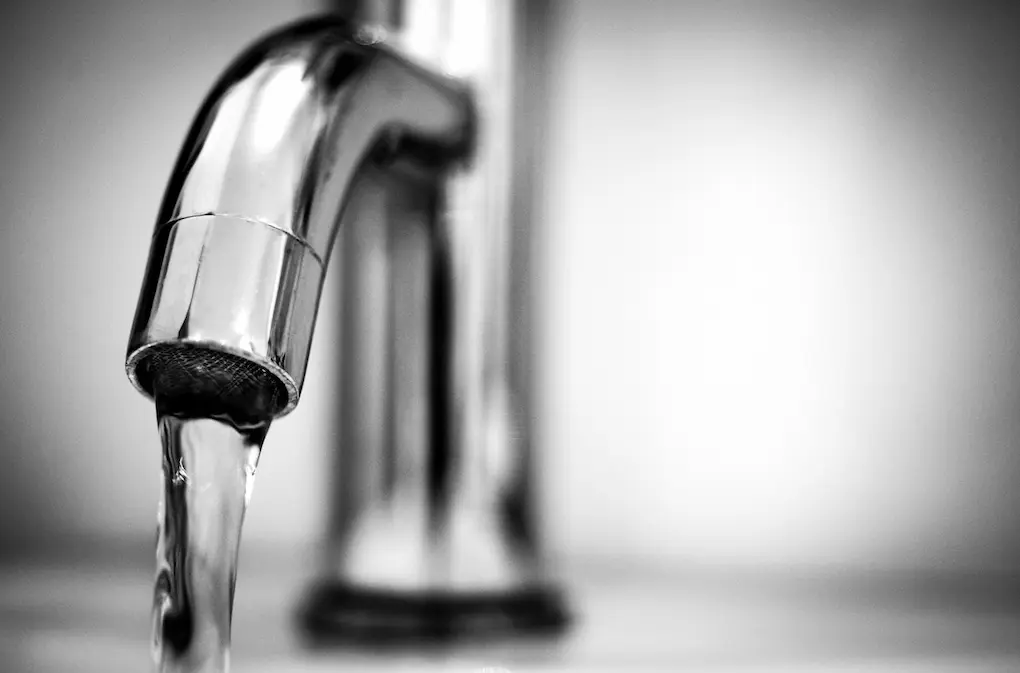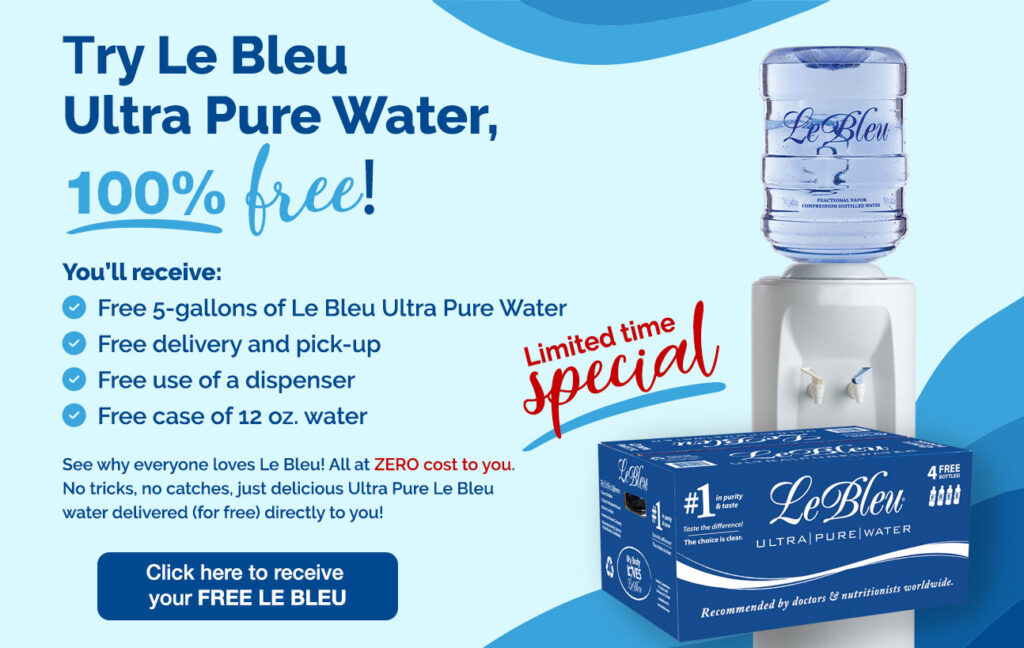That’s not just pure water flowing through the faucet and into your glass. While maximum contaminant levels and drinking water standards in the United States help to limit toxic contaminants in tap water, you may be drinking forever chemicals, or PFAS. Continue reading this article to learn about forever chemicals, their effect on the environment, your health, and how to avoid drinking forever chemicals in tap water.

What Are Forever Chemicals
“Forever chemicals” are a group of highly toxic, fluorinated chemicals called PFAS. PFAS are the byproduct of the industrial production of Teflon, fire-fighting foams, and other commercial chemicals commonly found in clothing; furniture; adhesives; food packaging; heat-resistant, non-stick cooking surfaces; and electrical wire insulation.
PFAS were initially designed as an ideal solution for situations where a coating or solvent was needed which would not “stick” or bind to other molecules and are resistant to heat, oil, grease, and water. Consequently, this makes PFAS very difficult to remove or eliminate from the environment, and therefore, they have been labeled as “forever chemicals.”
Health Risks of PFAS
By consuming contaminated food or drinking forever chemicals in tap water, humans can accumulate forever chemicals in their bodies. These PFAS chemicals can build up in our bodies and never break down.
Very small doses of PFAS, in parts per trillion, have been linked in numerous studies to cancer, reproductive/immune system harm, and child development issues.
PFAS Environmental Impact
Through waste streams or production, forever chemicals pollute the environment by ending up in rivers, streams, and lakes. Consequently, they are extremely difficult to remove from the environment and bioaccumulate in fish, wildlife, and humans.
There are certain types of PFAS, such as perfluoro octane sulfonic acid (PFOS) and perfluorooctanoic acid (PFOA), that are of particular concern for the following reasons:
- They do not break down naturally.
- They move through soils and wind up contaminating drinking water sources.
- They build up in fish, wildlife, and humans.
How Widespread Is PFAS Contamination
The EPA has known about the environmental and health hazards of PFAS for decades but has only recently begun limiting PFAS in the air and drinking water. In March 2021, the EPA started regulating two of the most toxic PFAS in drinking water: PFOS and PFOA. While these regulations help reduce the amount of forever chemicals in tap water, studies show they still contaminate the water.
As of June 2022, almost 3,000 locations in 50 states and two territories within the United States are known to have contaminated tap water.
According to a recent article by the Environmental Working Group, more than 200 million people may be drinking PFAS-tainted tap water. “What began as a miracle of modern chemistry is now a national crisis,” says EWG research.
Are PFAS Impacting My Tap Water
Do you want to know whether you’re drinking PFAS-contaminated drinking water? Use the interactive drinking water contamination map on EWG’s website to determine the water quality tests for PFAS in your area and the degree to which you are impacted.
Le Bleu is Tested Ultra-Pure and Contains No PFAS
At Le Bleu, we are obsessed with making the purest water on the planet. Our proprietary 5-step process removes all contaminants, including PFAS. We test our water with independent laboratories to parts per trillion to validate our purity (see Le Bleu Water Purity test results here). We know of no other bottled water on the market with the scientific evidence to make this claim.
In addition, Le Bleu is responsible for the remediation of water supplies for many communities impacted by the forever chemical crisis. Le Bleu was explicitly selected as the relief water provider to these communities because our water is free of all PFAS, tested to parts per trillion.
Keep your family safe with the best bottled water to drink. For more information about the purity of Le Bleu water and our process, see here.

